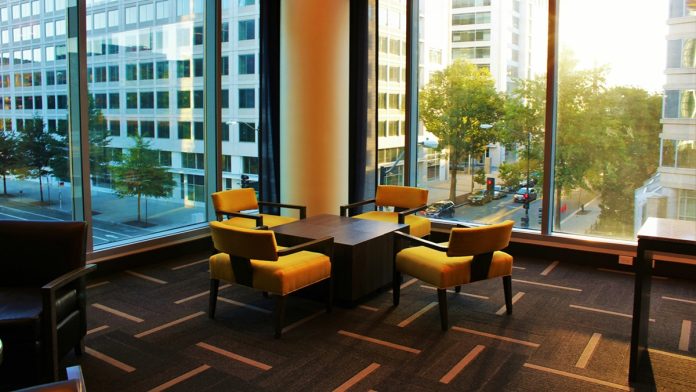– By Gautam Munjal
Travel has transformed in recent years, and it’s not just because of new destinations or luxury amenities. Travelers now expect more from their hotel stays—they want experiences that blend work, leisure, and local culture. This shift has given rise to a new hospitality model called hybrid hospitality, where hotels offer flexible spaces that cater to guests’ personal and professional needs. Along with this, the trend of workations—where travelers work remotely while enjoying a vacation—has exploded, becoming a key driver in how hotels operate today.
Hybrid hospitality is changing the way hotels function, and it’s not just about making accommodations more comfortable. It’s about creating environments where work and play coexist harmoniously, where you can close a deal in the morning and explore the local culture by afternoon. This evolving model opens up exciting possibilities for both travelers and hotels, offering numerous benefits for all involved.
Also Read Sustainability matters: Building consumer trust through green marketing strategies Adventure tourism reaching for the skies Love is in the air(port): Can unconditional love be subject to timelines? Single and Hungry? Swiggy Dineout turns Singles Day into a week-long feast
Also ReadTo deny or not: Adani Green says Gautam Adani, senior executives not charged with FCPA violation; US Indictment says otherwise – Here are details
Hybrid Hospitality: A New Kind of Hotel Experience
Gone are the days when a hotel was simply a place to sleep. Today’s travelers, especially remote workers and digital nomads, are looking for more—whether it’s a quiet place to get some work done, a space to network with other professionals, or a spot to relax and connect with the local culture. Hybrid hospitality answers this call by creating multifunctional spaces that can adapt to various needs.
Hotels adopting this approach provide more than just a room. They offer co-working spaces with high-speed internet, meeting rooms, and ergonomic workstations, ensuring guests can stay productive. But they don’t stop at work—these hotels also focus on leisure, providing social spaces for relaxation, like rooftop lounges and terraces, and offering curated local experiences that immerse guests in the local environment.
How Hybrid Hospitality Boosts Hotel Revenue
One of the major advantages of hybrid hospitality is its ability to create new revenue streams.
» Read More


